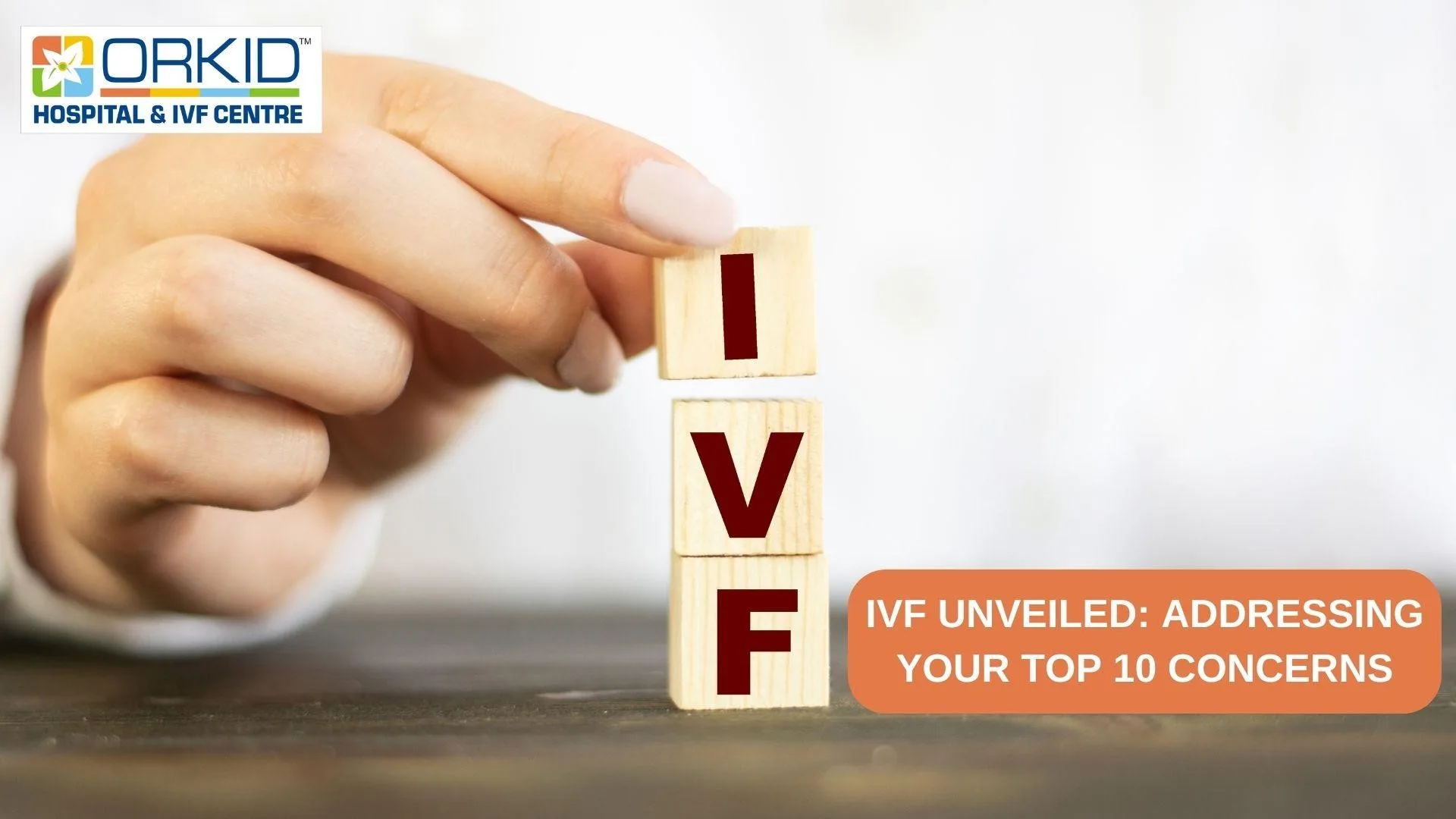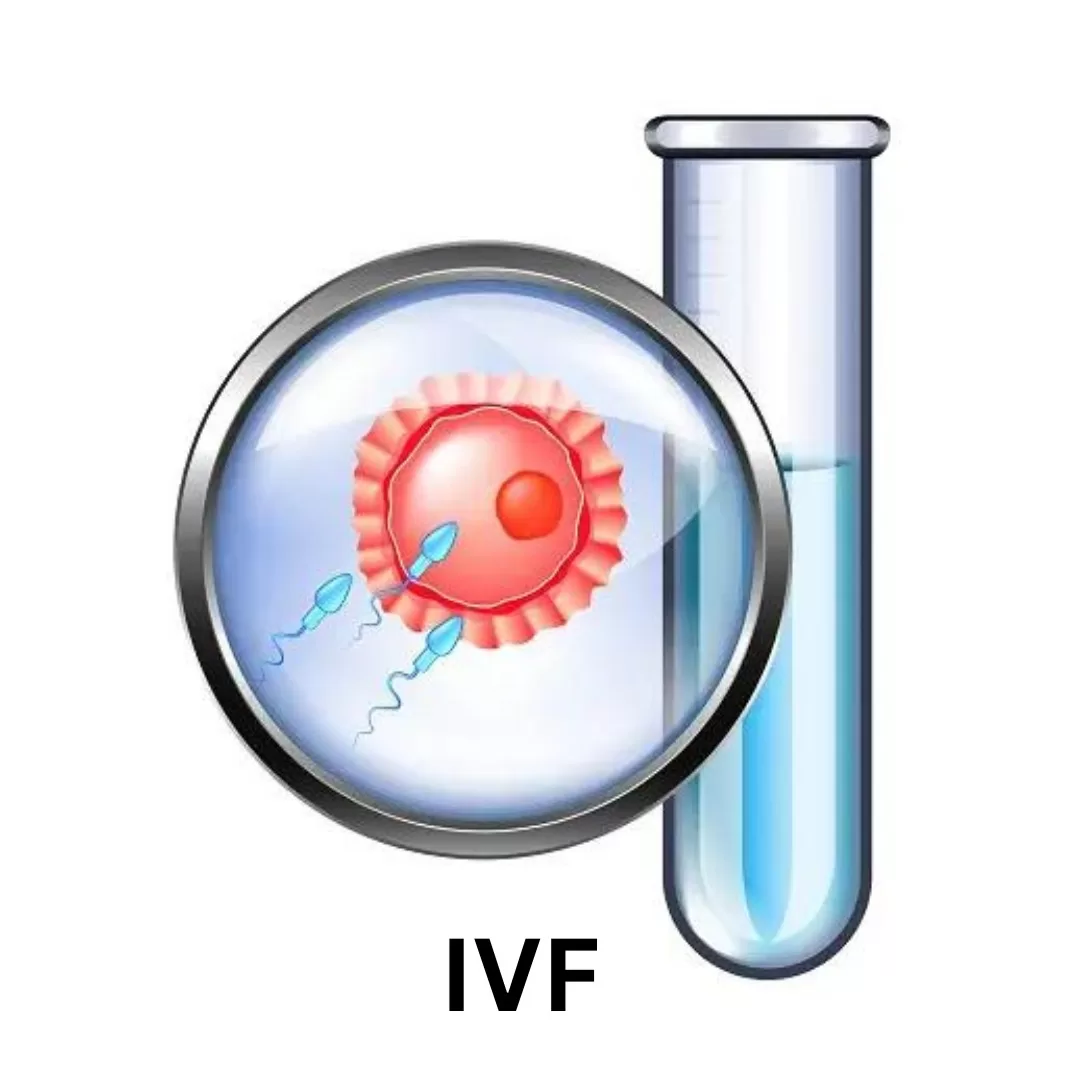IVF Unveiled: Addressing Your Top 10 Concerns
Embarking on the journey of in vitro fertilization (IVF) can be both hopeful and overwhelming. We know the myriad of questions swirling in your mind, and that’s why our fertility experts at Orkid Hospital, one of the best IVF hospitals in Surat have got you covered with this blog. We aim to demystify common doubts surrounding IVF, providing you with the information you need to make informed decisions and approach the process with confidence.
1. How Long Does the Procedure Take?
The duration of an IVF procedure varies, but on average, it takes about four to six weeks from the start of ovarian stimulation to embryo transfer. This includes the initial consultation, ovarian stimulation, egg retrieval, fertilization, embryo culture, and finally, the embryo transfer. Patience is the key, as each step is meticulously timed to optimize the chances of a successful pregnancy.
2. How Many Times Can One Try IVF?
Our specialist at Orkid hospital and IVF centre, considered as one of the best infertility hospitals in Surat, say that the number of IVF attempts depends on individual circumstances, including age, health, and the underlying cause of infertility. Many couples achieve success within the first few attempts, while others may require additional cycles. The decision to continue with IVF is often a collaborative one between the patient and their healthcare team, considering factors such as emotional well-being and financial considerations.
3. Is IVF Harmful?
IVF is a generally safe and well-established medical procedure. However, like any medical intervention, it comes with potential risks and side effects. Ovarian hyperstimulation syndrome (OHSS), multiple pregnancies, and rare complications during egg retrieval or embryo transfer are possible. It’s crucial to choose the best IVF centres in Surat for the procedure and discuss potential risks with their experts, ensuring that you are well-informed before proceeding with IVF.
4. Is the Incidence of Multifetal Pregnancy High?
The risk of multifetal pregnancy is associated with the number of embryos transferred. While transferring multiple embryos increases the chances of pregnancy, it also raises the likelihood of twins, triplets, or more. Advances in reproductive medicine, along with the adoption of elective single embryo transfer (eSET) strategies, have contributed to a reduction in the incidence of high-order multiple pregnancies.
5. Is the Incidence of Birth Defects High?
Research suggests that the risk of birth defects in IVF-conceived children is only slightly higher than in naturally conceived children. However, it’s essential to note that various factors, including the age and health of the parents, can influence this risk. Continuous monitoring and advancements in reproductive technologies contribute to minimizing potential risks associated with IVF.
6. Is Success Difficult in the First Attempt?
While success rates can vary, achieving a pregnancy in the first IVF attempt is indeed possible. Success rates are influenced by factors such as age, the cause of infertility, and overall health. While some individuals or couples may experience success right away, others may need multiple cycles. Discussing realistic expectations with our healthcare team at Orkid hospital and IVF centre, the best test tube baby centre in Surat and understanding the factors influencing success can help manage expectations during the IVF journey.
7. Can I Carry Out Normal Activities After the Procedure?
After the embryo transfer, it’s advisable to take it easy for a short period. Many individuals resume normal activities within a day or two, but it’s crucial to avoid strenuous exercise and heavy lifting during the initial weeks of the pregnancy. Our healthcare provider will provide specific guidance based on your individual situation.
8. Is It Done Under Anaesthesia?
Egg retrieval, a crucial step in the IVF process, is typically performed under anaesthesia. This ensures that the procedure is pain-free, and you remain comfortable throughout. The level of anaesthesia varies, and our healthcare team will determine the most suitable option based on your needs.
9. Is It Painful?
While discomfort is normal, especially after procedures like egg retrieval, IVF is generally not described as painful. Most individuals tolerate the process well and find that any discomfort is manageable. Communication with our healthcare team is essential, and they can provide guidance on pain management strategies.
10. Is an IVF Baby Different Than Normal?
An IVF-conceived baby is just as “normal” as a naturally conceived baby. IVF helps individuals and couples overcome fertility challenges, and the resulting pregnancies are monitored similarly to those conceived naturally. Scientific research has not shown significant differences in the health or development of IVF babies compared to their naturally conceived counterparts.
Conclusion
Embarking on the IVF journey involves facing uncertainties, but seeking answers to your questions is a crucial step toward making informed decisions. By addressing common concerns surrounding the duration of the procedure, potential risks, success rates, and the well-being of IVF-conceived babies, you can approach the process with confidence and a clearer understanding. Remember, open communication with the healthcare team is key throughout the IVF journey, ensuring that you receive personalized guidance tailored to your unique circumstances.











